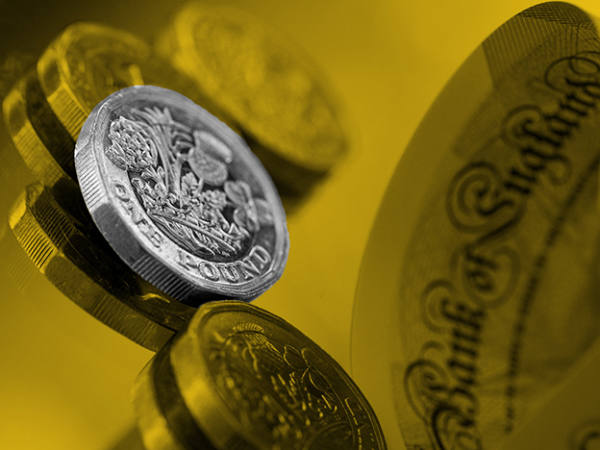This summer, music streaming service Spotify (US:SPOT) handed out free Google Nest devices to some of its ‘premium’ users in the UK. So many people rushed for the offer of an AI-enabled smart speaker that the company had to cut the deal short, as stock quickly ran out. This is perhaps unsurprising – it is hard to resist the ultra-modern feel of commanding a device to do your bidding, whether to play a song or turn on the heating. So much so that the average consumer has learned that in buying these devices, they must cast aside the fact that they have also invited tech companies to surveil their behaviour 24/7.
Shoshana Zuboff rails against this dangerous set-up in The Age of Surveillance Capitalism. In her book, the American scholar conjures up a Marxist depiction of capitalism as a vampire that feeds on labour – but instead of labour, she argues, surveillance capitalism feeds on every aspect of the human experience.
Ms Zuboff opens by drawing the reader back to the initial dream of the ‘aware home’, first defined in 2000 by researchers at the Georgia Institute of Technology. The academics imagined a physical home that integrated seamlessly with a personalised digital ecosystem – where the user would also have total and final control over their own data. Our modern smart home is some way off this vision.
Take the Nest thermostat, a smart device that was made by a company owned by Google parent Alphabet (US:GOOGL). Its apps can gather data from other connected devices such as cars, fitness trackers and beds. But the device also entails a long list of terms and conditions that the average consumer does not read in detail – if at all. It is within these pages that the problem lies: household and personal information are shared not only with other smart devices, but also with unnamed staff and other third parties. Indeed, an analysis of Nest’s policies in 2016 and 2017 found that when a consumer enters its ecosystem by purchasing a home thermostat, nearly a thousand third parties can gain access to the data in the contract.
The extensive sharing of consumer data is not surprising, if you consider how valuable its analysis can be. Ms Zuboff explains how surveillance capitalists use this raw material to translate and monetise it as behavioural data. True, some of this information is used to improve products – but the rest is often declared as proprietary ‘behavioural surplus’. This data is then processed by artificial intelligence, which churns out ‘prediction products’ – the mechanisms that anticipate how you will behave now as well as in the future.
Ms Zuboff credits Google as the inventor of this practise, which goes some way to explaining why the company claims that it does not sell its users’ personal data. Rather, it sells the predictions that it generates from its massive bank of behavioural surplus. And these products are hugely valuable: Chinese researchers employed by Microsoft’s (US:MSFT) Bing search engine found that accurately estimating the click-through rate of ads has a significant impact on a company’s sales. A 0.1 per cent accuracy improvement in production could add hundreds of millions of dollars to the top line.
But behavioural surplus is by its very nature vast and varied. The surest way to predict human behaviour is to meddle with it. Ms Zuboff coins these processes as ‘economies of action’, when technologies are designed to influence the real world. These actions are configured to improve the certainty of predicted behaviours, often through movements as subtle as flashing specific language on a social media feed, or carefully timing the appearance of a ‘buy’ button on your phone.
Ms Zuboff argues that the invasiveness of such technology has in turn given rise to a new era of surveillance commerce: the ‘reality business’. These devices integrate so smoothly into everyday life that they become indistinguishable from it – presenting themselves in the form of the 'internet of things' and 'ambient computing'. These are machines that are everywhere and always on – smartphones, smartwatches, smarthomes – and through them, the real world is continuously drawn back to the digital realm, where it finds a second life as data that can be translated into predictions.
For consumers it is not easy to resist the excitement of newer, smarter devices – especially as they get cheaper: Amazon (US:AMZN) pedalled its smartspeaker for less than £20 in a promotional sale this week. But Ms Zuboff’s book, which tours the reader through capitalism’s gradual evolution into a surveillance economy, should give us reason to consider whether we really ought to have so much of this technology embedded in our homes and lives.
Further reading: The Age of Surveillance Capitalism: The fight for a human future at the new frontier of power, Shoshanna Zuboff (2019)











